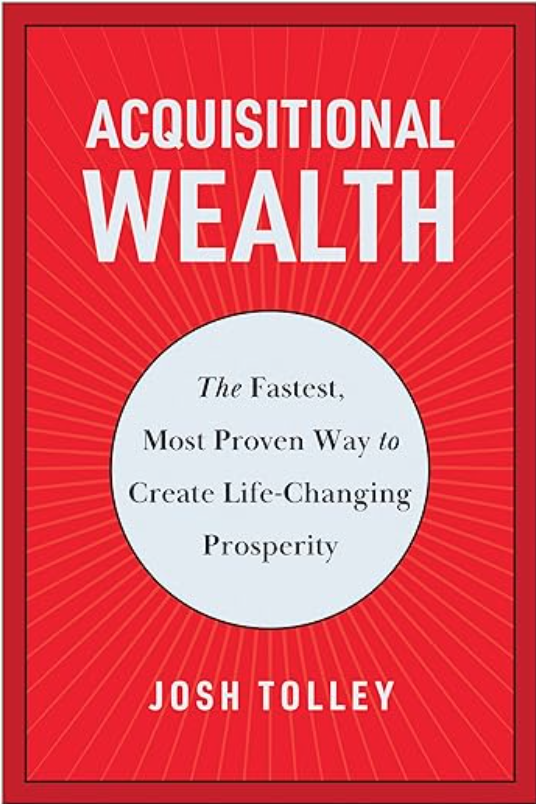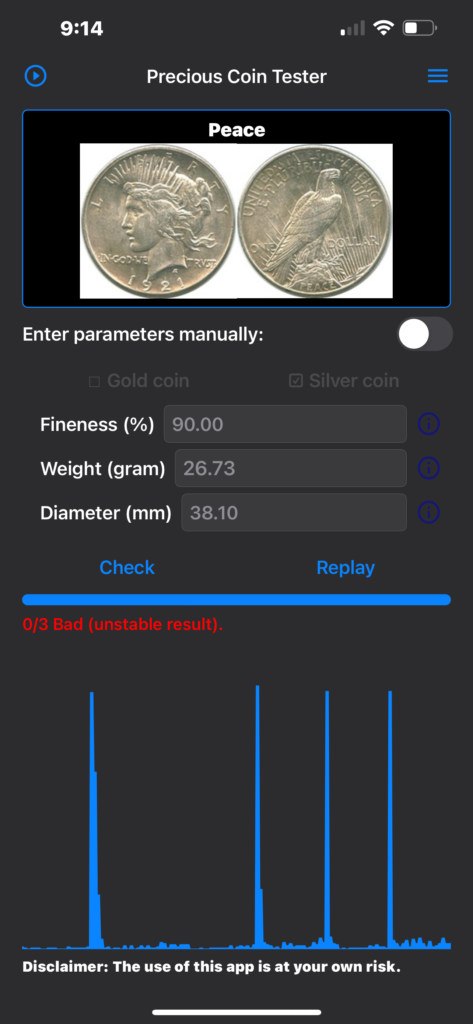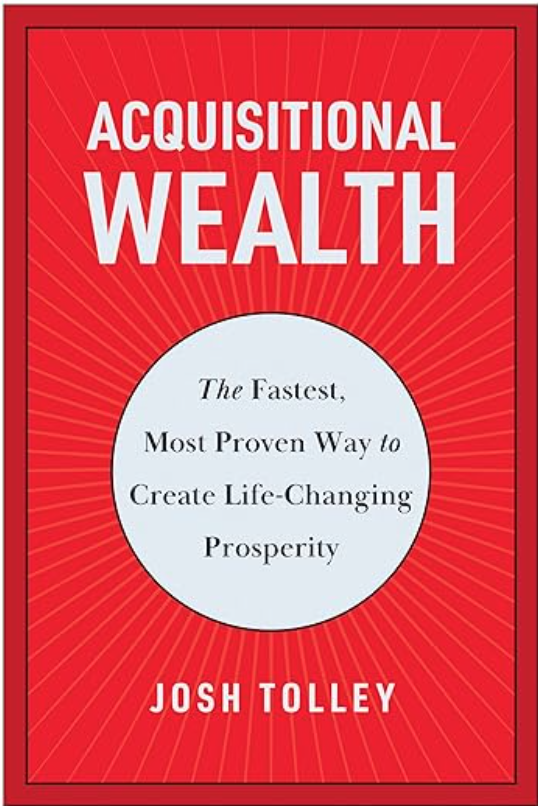by Fred Fuld III
It is amazing that there are still debt free stocks with lots of cash and trade for less than $10 per share. The following are five of these low priced stocks with lots of cash per share, and no or very low debt. Most of them have very low cap stocks and should be considered very speculative.
Green Dot Corporation (GDOT) is a financial technology company headquartered in Austin, Texas, with a mission to transform how people manage their money. Founded in 1999, they’ve grown into a leader in the prepaid debit card market, holding the world’s largest market share by capitalization. However, their reach extends beyond prepaid cards. Green Dot also functions as a payment platform company, powering solutions for well-known brands like Apple Cash, Uber, and Intuit.
Green Dot initially targeted teenagers with their prepaid debit cards, offering a way to shop online safely. They quickly pivoted in 2001 to focus on the “unbanked” and “underbanked” communities, providing essential financial services to those who might not have access to traditional banking options. This focus on financial inclusion has remained a core part of their mission.
Green Dot operates as a “branchless bank,” relying on a network of over 90,000 retail locations across the country for distribution. They’ve also established Green Dot Bank, a subsidiary that’s FDIC-insured, ensuring customer deposits are protected. Green Dot’s proprietary technology allows for fast and efficient electronic payments and money management,providing users with secure and intuitive tools to spend, send, save, and control their finances.
Green Dot trades at an incredibly low 43% of cash per share, and it has no long term debt.
The stock trades at 5.4 time forward earnings, and has an extremely favorable price to sales ratio of 0.33. It also sells at 58% of book value.
Long term annual growth estimate of earnings per share over the next five years is 12.9%.
Aeva Technologies, Inc. (AEVA) is a company on the cutting edge of LiDAR technology, a system used in self-driving cars, robotics, and consumer electronics. Their journey began in December of 2016 when Soroush Salehian and Mina Rezk,with experience from Apple and Nikon, founded the company.
In 2017, after securing $3.5 million in funding, Aeva emerged from stealth mode and quickly gained momentum. They secured $45 million in Series A funding from Lux Capital and Canaan Partners, followed by additional investment from strategic partners like Porsche SE and Lockheed Martin.
A significant milestone came in 2021 when Aeva went public through a merger with InterPrivate Acquisition Corp. This merger raised over $560 million and allowed Aeva to begin trading on the NYSE under the ticker symbol AEVA.
Since going public, Aeva has continued to achieve important milestones. They partnered with Fabrinet to manufacture their CoreVision “LiDAR-on-Chip” modules and secured Nikon as their first industrial metrology customer. Notably,Aeva collaborated with TuSimple on the industry’s first fully autonomous drive using their sensor technology.
Their achievements extend beyond the automotive industry. Aeva became the first 4D LiDAR company compatible with Nvidia Drive, a key platform for autonomous vehicles. Additionally, their technology impressed NASA, who contracted Aeva to develop solutions for lunar exploration missions. Most recently, Aeva partnered with SICK AG to provide their 4D LiDAR technology for industrial automation equipment.
Aeva has a price to cash ratio of 0.93. That means that the price of the stock is less than the amount of cash the company has per share. In addition, the company has almost no debt.
The stock is trading at 83% of book value. Unfortunately, the company is generating negative earnings. Sales growth year over year is up over 25%.
Atea Pharmaceuticals, Inc. (AVIR) is a biopharmaceutical company dedicated to developing innovative antiviral treatments. Their focus lies on creating oral therapies to address serious viral infections and improve patient outcomes.
The company leverages its expertise in antiviral drug development, nucleos(t)ide chemistry, and virology to discover and advance novel drug candidates. These candidates target single-stranded ribonucleic acid (ssRNA) viruses, a common cause of severe viral diseases. Currently, their pipeline prioritizes treatments for SARS-CoV-2, the virus responsible for COVID-19, and Hepatitis C Virus (HCV).
Atea operates at the clinical stage, which means their drug candidates are undergoing clinical trials to assess their safety and efficacy. Their commitment to efficient and scalable manufacturing ensures potential stockpiling of their medications for future outbreaks.
Beyond just scientific expertise, Atea fosters a culture of diversity, equity, and inclusion within their workforce. They believe this approach fosters innovation and allows employees to contribute their unique perspectives for the benefit of the company and future patients.
Atea trades at only 57% of its cash per share, and is totally debt free. That means that if the company stopped operating today, and all the company’s non-cash assets were totally worthless, investors would almost double their money just from the cash.
However, since this is a biotech company, the burn rate can be high. The burn rate is, in simple terms, the amount of cash the company is spending of its cash on an ongoing basis.
The stock trades at 58% of book value. The company generates negative earnings and hasn’t yet generated sales.
American Well Corporation (AMWL), known simply as Amwell, is a frontrunner in the telehealth industry. They focus on creating digital healthcare solutions that make medical care more accessible and convenient.
Founded in 2006, Amwell offers a comprehensive platform called Amwell Converge. This platform equips healthcare systems, health plans, government agencies, and even universities with the tools they need to provide efficient virtual care. Amwell Converge facilitates a variety of healthcare interactions, including both on-demand and scheduled consultations, ranging from primary and urgent care to specialty consultations like telestroke and telepsychiatry.
Amwell operates across the United States, partnering with over 240 health systems and 55 health plans, collectively reaching over 80 million covered lives. Their reach extends beyond basic consultations as well. Amwell offers Amwell Medical Group, a subscription-based service that connects patients with a network of licensed physicians for ongoing care needs.
Looking beyond the platform itself, Amwell prioritizes partnerships. They collaborate with a wide range of healthcare providers, payers, and innovators to create a comprehensive care ecosystem that seamlessly blends in-person, virtual, and even automated care options. This patient-centered approach aims to improve healthcare outcomes and make quality care more accessible to everyone.
The stock, which has very low debt, sells at 45% of cash, 34% of book value, and has a price sales ratio of 0.55. The company has been generating negative earnings.
ContextLogic Inc. (WISH), better known by its shopping platform Wish, is an e-commerce company that thrives on mobile technology. Established in 2010, they’ve carved a niche for themselves in the online shopping world, particularly in Europe and North America, with a presence in South America and other regions as well.
Wish’s core function is to connect consumers with a vast network of merchants. They utilize a user-friendly mobile app to showcase a wide array of products, often at competitive prices. Their personalized product recommendations and gamified shopping experience have become hallmarks of the Wish platform.
ContextLogic Inc. doesn’t just connect buyers and sellers; they also provide valuable services to their merchants. The company offers marketplace and logistics support, streamlining the process for businesses to reach new customers and efficiently deliver their products. This focus on both sides of the e-commerce equation has been instrumental in Wish’s growth and success.
Headquartered in San Francisco, California, ContextLogic Inc. continues to innovate and expand its reach, making online shopping more accessible and convenient for millions of users worldwide.
The stock has a price to cash ratio of 0.41, a price to book ratio of 0.76, and a price sales ratio of 0.57. The company has been generating negative earnings.
Keep in mind that there are all very low market cap companies that should be considered very speculative.
Disclosure: Author didn’t own any of the above at the time the article was written.













